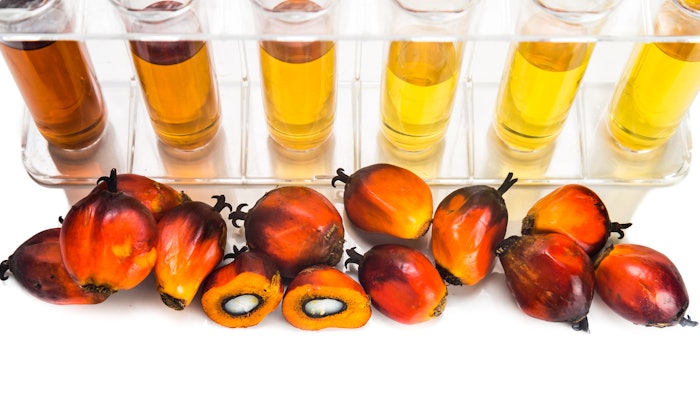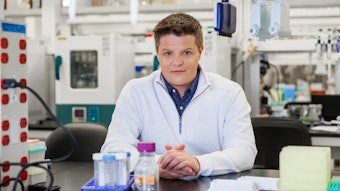
Unilever and Genomatica (Geno) have ventured to scale and commercialize alternatives to palm oil and fossil fuel-derived cleansing ingredients.
Related: Unilever Crowdsources for Transparent Palm Oil Supply Chain
With a growing demand for sustainably-sourced palm oil, this venture is aimed to deliver additional responsibly sourced palm oil alternatives to the market.
With $120 million jointly invested in the initiative and with other strategic investors expected to join, the venture will develop an alternative, plant-based ingredient using biotechnology.
The innovation is particularly relevant to cleaning and personal care products that require ingredients to lather and lift dirt but currently, there are few viable alternatives to palm and fossil sources that can be produced at scale to make those ingredients.
As such, the venture offers the opportunity to tap into the combined $625 billion home and personal care markets. According to Unilever, for the company, this is the largest investment in biotechnology alternatives to palm oil to date.
Geno will deploy its biotechnology platform and is already starting to scale the process for its advanced technology to produce the ingredients. Beyond creating a transparent supply chain, initial estimates have shown that companies could reduce the carbon footprint of palm-derived ingredients by up to 50% with this technology-driven, plant-based alternative.
While palm oil will remain an important feedstock to Unilever, these alternative ingredients can play a growing role in diversifying supply chains to drive optionality, sustainability and cost management.
“Biotechnology has the potential to revolutionize the sourcing of our cleansing ingredients and ensure Unilever is a future-fit business–for consumers, shareholders and the planet we all share," said Unilever’s chief R&D officer, Richard Slater. "This new venture will sit at the intersection of science and sustainability, meaning we can continue to grow our business without relying only on palm oil or fossil fuel derivatives and at the same time make our supply chains more resilient through having access to ingredient alternatives."
Slater continued: “We will be marrying science and nature to make sure there is no tradeoff for our consumers between the efficacy and sustainability of their products. We are building this innovative new venture to have the scale to drive real impact and change in our industry, reinventing the chemistry of home and personal care products for the 21st Century.”
Previously: L’Oréal, Unilever and 34 Others Join Ecobeautyscore
“Geno’s collaboration with Unilever builds upon its strong track record of partnering with market leaders who are committed to accelerating the commercialization of sustainable materials in their industries–from clothing to now cleaning ingredients," said Christophe Schilling, Geno's CEO. "We’ve developed our technology in response to our planet’s urgent climate crisis and we’ve proven that biotechnology can replace traditional production methods to produce ingredients with biobased sources that deliver both high-performance and sustainability, at scale."
Schilling added: “Our technology enables pathways for alternative sourcing of materials whose supply chains often have limited social and environmental transparency, by offering more resilient supply chains that are transparent, traceable and responsibly sourced as demanded by consumers. Beyond creating new transparent and responsibly sourced-supply chains and alternatively sourced materials, our Geno technology also represents the potential to reduce greenhouse gas emissions by 100 million tons in upcoming years.”










